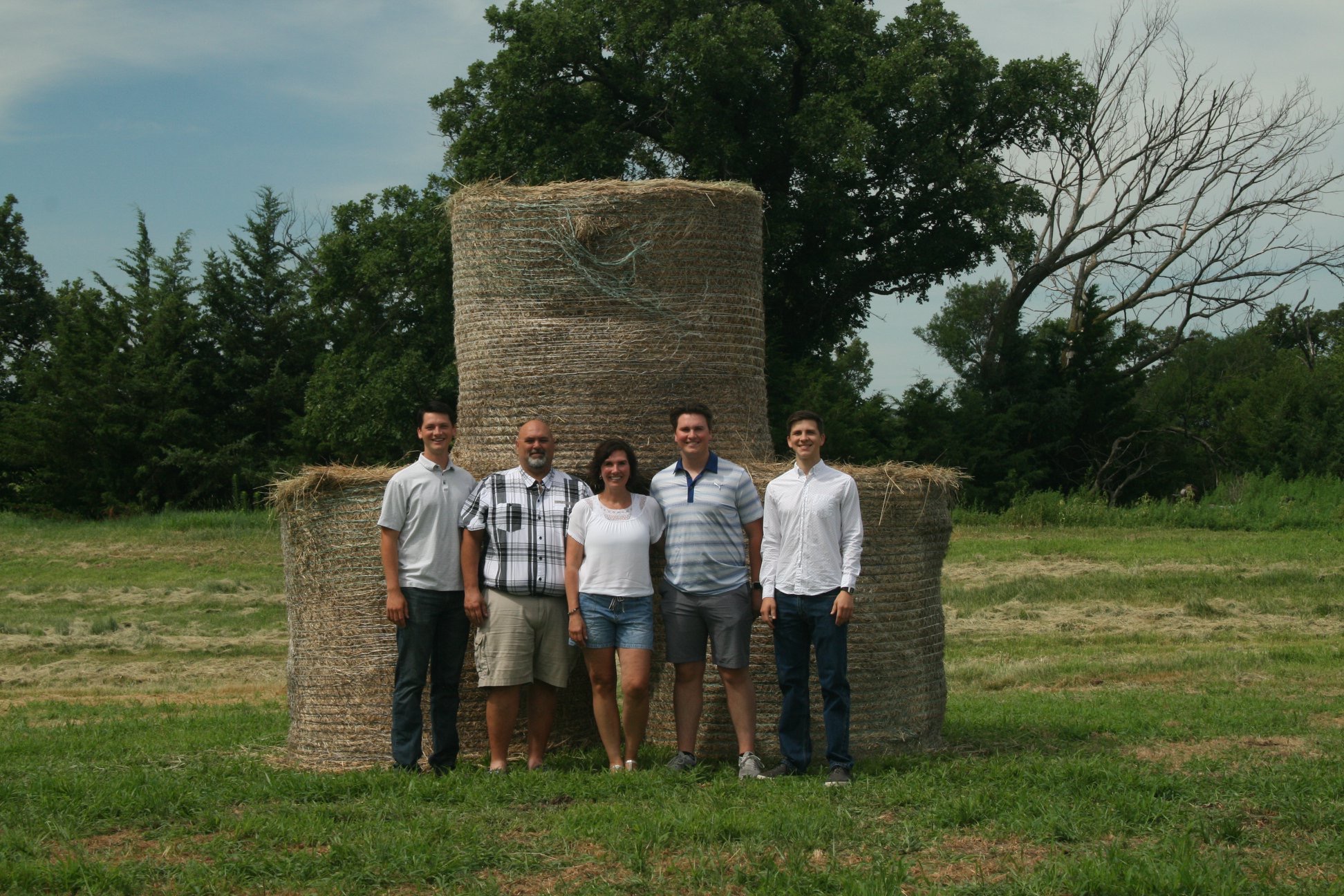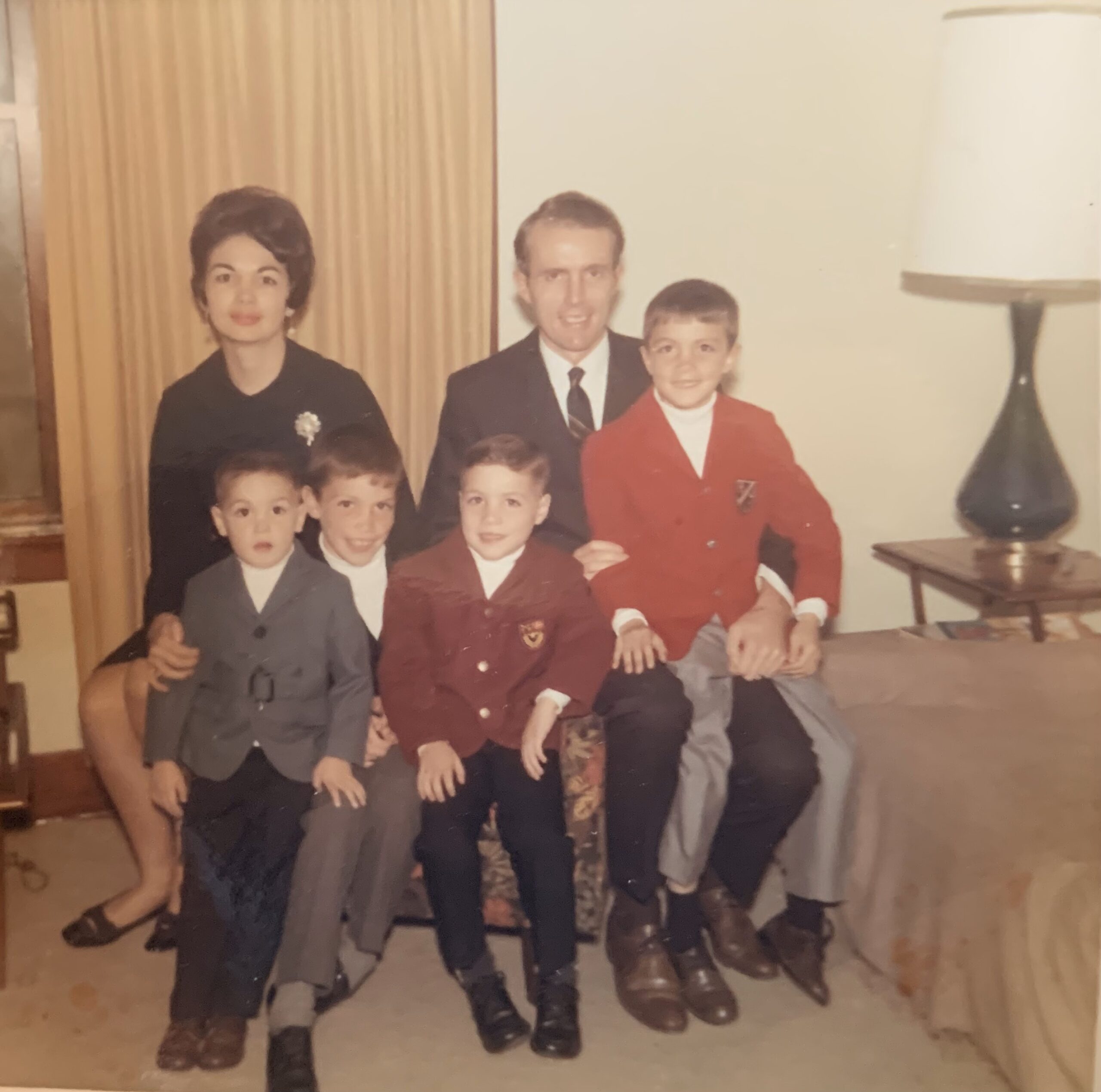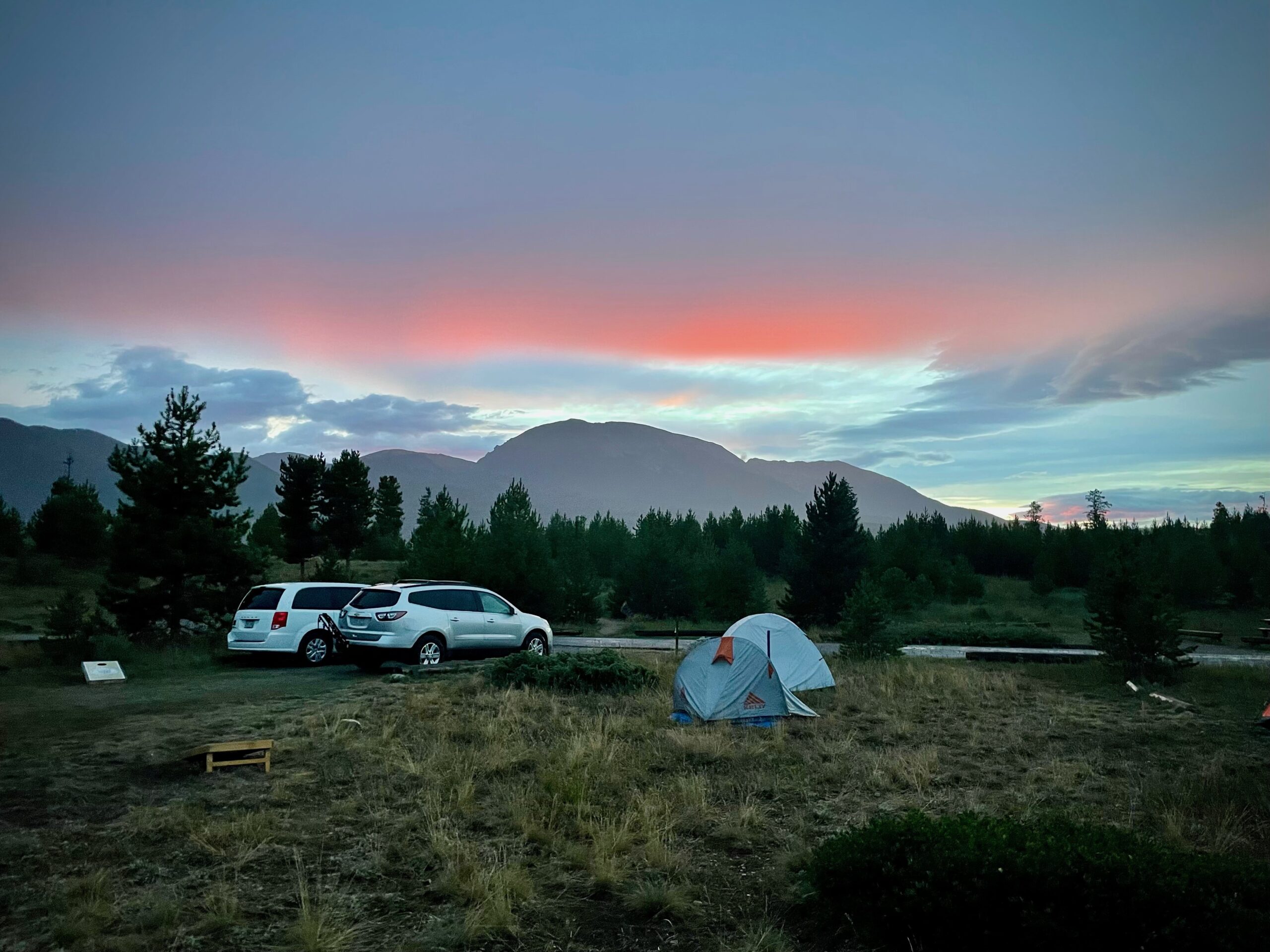Dear Friends of SJV:
With the close of the semester three weeks ago, the seminary has gotten very quiet (apart from the construction on the new gym). The summers are a time of non-academic formation, where guys will return to their home dioceses and serve in a variety of apostolates. Here in Denver, we have a good number of guys serving in the mountains – Camp Wojtyla and Annunciation Heights to name a few of our best summer camps. The priest faculty are also in transit now, heading to and from the various ordinations of men from other dioceses. It is a great honor to watch our guys make it to the finish line and get ordained.
This month we will hear from Max Megaffin reflecting on his summer assignment before he heads to Rome for his theological studies. And last but not least, Dr. Tom McLaughlin (my professor!) shares a bit about his upbringing and faith.
In July, I hand the reins of this newsletter over to Fr. Ángel, our new rector here at the seminary. It has been a joy to write to you these last three years. Many, many thanks for your loving devotion, prayers and support of our future priests.
Fr. John
A Man on the Plains
My name is Max Megaffin, and I am a seminarian for the Diocese of Salina in Kansas.
I am from Western Kansas, which is the part of Kansas most people ignore on their drive from Denver to Kansas City. However, most people do not see or experience the plains of Western Kansas like I do. Most people are bored by all the wheat and corn fields, but not me.
When I see a corn field, I remember when I was with my Uncle as a kid and he went up to some of his corn and took an ear and ate it right in the field. When I see the wheat waving in the wind, I remember what my Pastor once said, “You’re not a Kansan until you have walked in a wheat field, plucked a grain of wheat and eaten it.” When I think of a Kansas sunset, I recall the bench under a tree on the farm my dad grew up on that overlooks a field that shines in the sun and dances in the wind.
Kansas is under-appreciated for its beauty, and Kansans are okay with that. We like it quiet and peaceful. Yet the thing I love the most about my Diocese in Western Kansas is the people. The people care about you because they know you, or they at least know your family. We look out for each other; we pray for each other. Although I am several years away from the ordination, I very much look forward to when I will get to live among my fellow Kansans and serve them as a Priest.
Max Megaffin
Seminarian, Diocese of Salina

The Greatest Love
I walked into our living room and sat down on the floor with my three younger brothers. My mother was on the couch. My father was in Vietnam. We were waiting to see him in a TV documentary interviewing American soldiers about the war.
My mother was 26, the same age as my oldest daughter is now. Looking around at my brothers and feeling genuinely curious, I asked a very kid question, “Mom, which of us do you love the most?” She said, “I love all of you the same. I don’t love one of you more than the others.” My little second-grade self thought that was a namby-pamby answer. What she said next surprised me: “But I love your father the most. He’s first.” That was unexpected, but I experienced the rightness of her answer and felt secure and even a bit relieved. I was where I should be.
We watched my father’s brief interview, and he came home eight months later, although I knew then that not all fathers did. Long afterward, I came to appreciate, partly through watching the similar struggles of my sisters-in-law, the terrible vulnerability of my mother’s sort of love. I never doubted my parents’ love for us nor experienced their love for each other as competing or diminishing their love for us. And we were a difficult foursome, usually unintentionally.
Eventually, I realized that my parents had a yet greater love and a greater fidelity, a greater First to which their own love was subordinated. That Greatest Love not only orders and infuses our very mortal human loves but gives us the courage, freedom, and love to live them more fully, and to be, as it were, skywalkers.
Thomas McLaughlin, Ph.D.
Associate Professor



